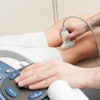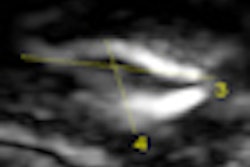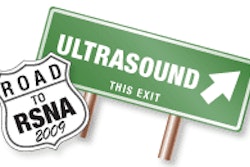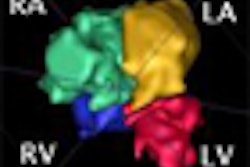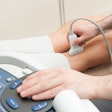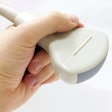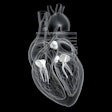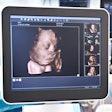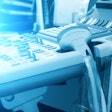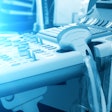The American Society of Echocardiography (ASE) survey said that initial results from a survey it conducted on the impact of upcoming changes in Medicare payment rates may portend the possibility of decreased patient access to echocardiography studies.
The U.S. Centers for Medicare and Medicaid Services (CMS) released its new Medicare Physician Fee Schedule (MPFS) rates in November. Among other changes, the rates called for a 14% cut in payments for the combined echo code (CPT 93306).
In the ASE's survey of 1,200 cardiologists and cardiovascular ultrasound technicians, 87% said that the new fee schedule could force them to stop accepting Medicare patients, reduce staff, or shut down their practice completely, according to the Morrisville, NC-based society.
The ASE said that 63% of the respondents serve a patient population in which more than half are reimbursed by Medicare part B, while almost a third provide services in an area that is rural, medically underserved, or both. For 74% of respondents, the nearest echocardiography services provider is a hospital, the ASE said.
In other survey results:
- 64% would delay the purchase of echo equipment
- 56% would lay off sonographers or other staff
- 53% would reduce staff salaries
- 47% might reduce staff benefits, such as 401(k) programs or healthcare
- 23% would refrain from accepting Medicare patients for any services
- 19% are considering closing a satellite office or have already closed a satellite office; 60% of these are located in rural areas
Those echocardiography service providers who receive payment through the Hospital Outpatient Prospective Payment System (HOPPS) are also anticipating they would be indirectly affected by the Medicare part B cuts, according to the ASE. Seventy-four percent are projecting an increased workload, while 67% are predicting longer patient wait times. Lengthened turnaround times for reports and increased overtime for staff (or the need to hire additional cardiac sonographers) are envisioned by 44% and 43%, respectively
The ASE said it also collected regional anecdotes from almost 200 members who will be affected by the cuts, including examples of patients who might have died had in-office echocardiography services not been available.
Related Reading
Echocardiography test beats SPECT for predicting problems after MI, December 7, 2009
Screening kids with ultrasound, ECG finds cardiac abnormalities, November 17, 2009
ASE issues echocardiography contrast consensus statement, November 11, 2008
ASE welcomes echo contrast labeling change, May 22, 2008
ASE unveils new stress echo guidelines, September 7, 2007
Copyright © 2009 AuntMinnie.com
